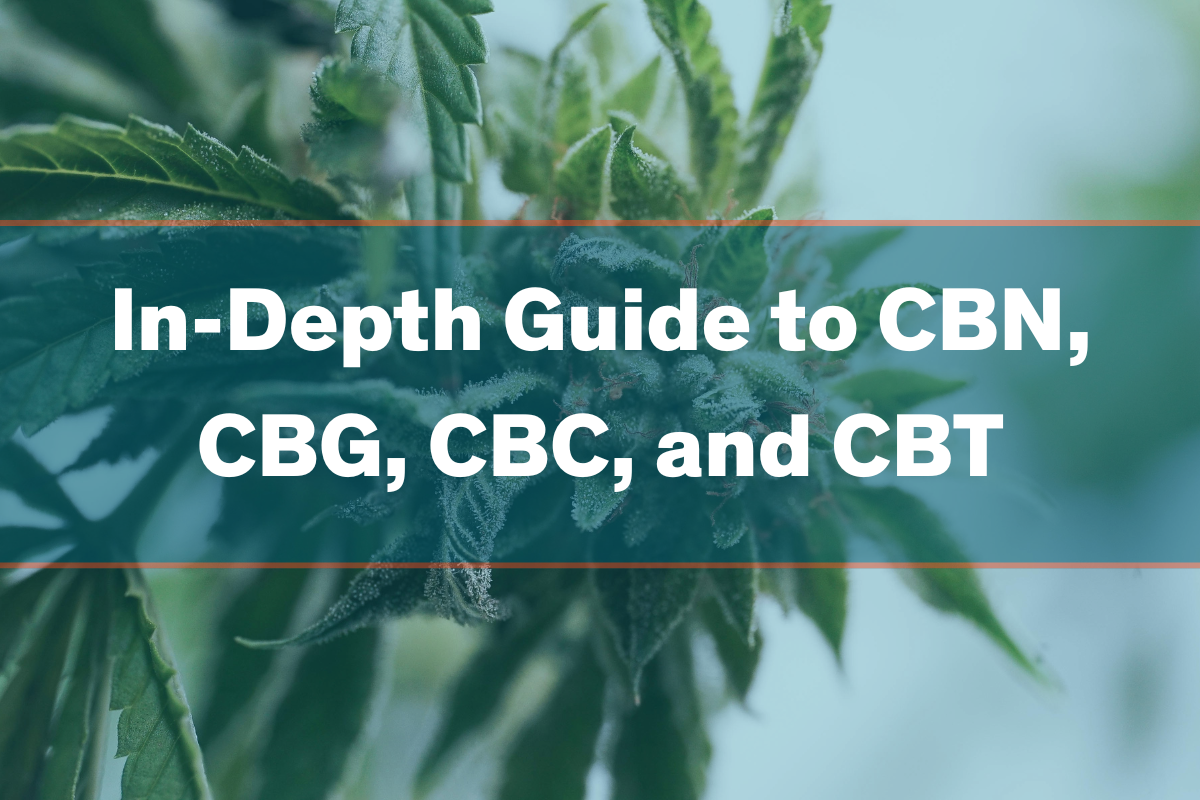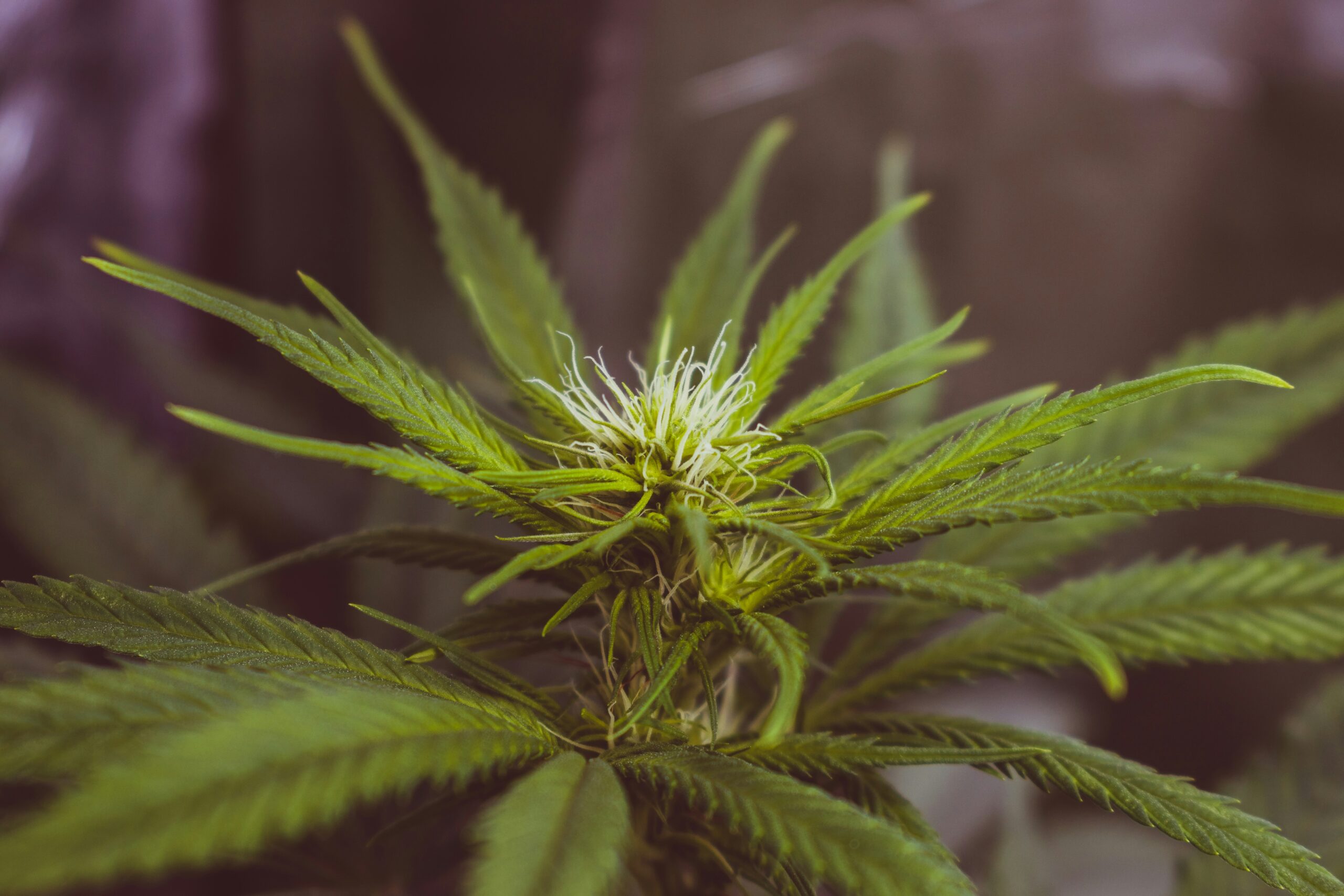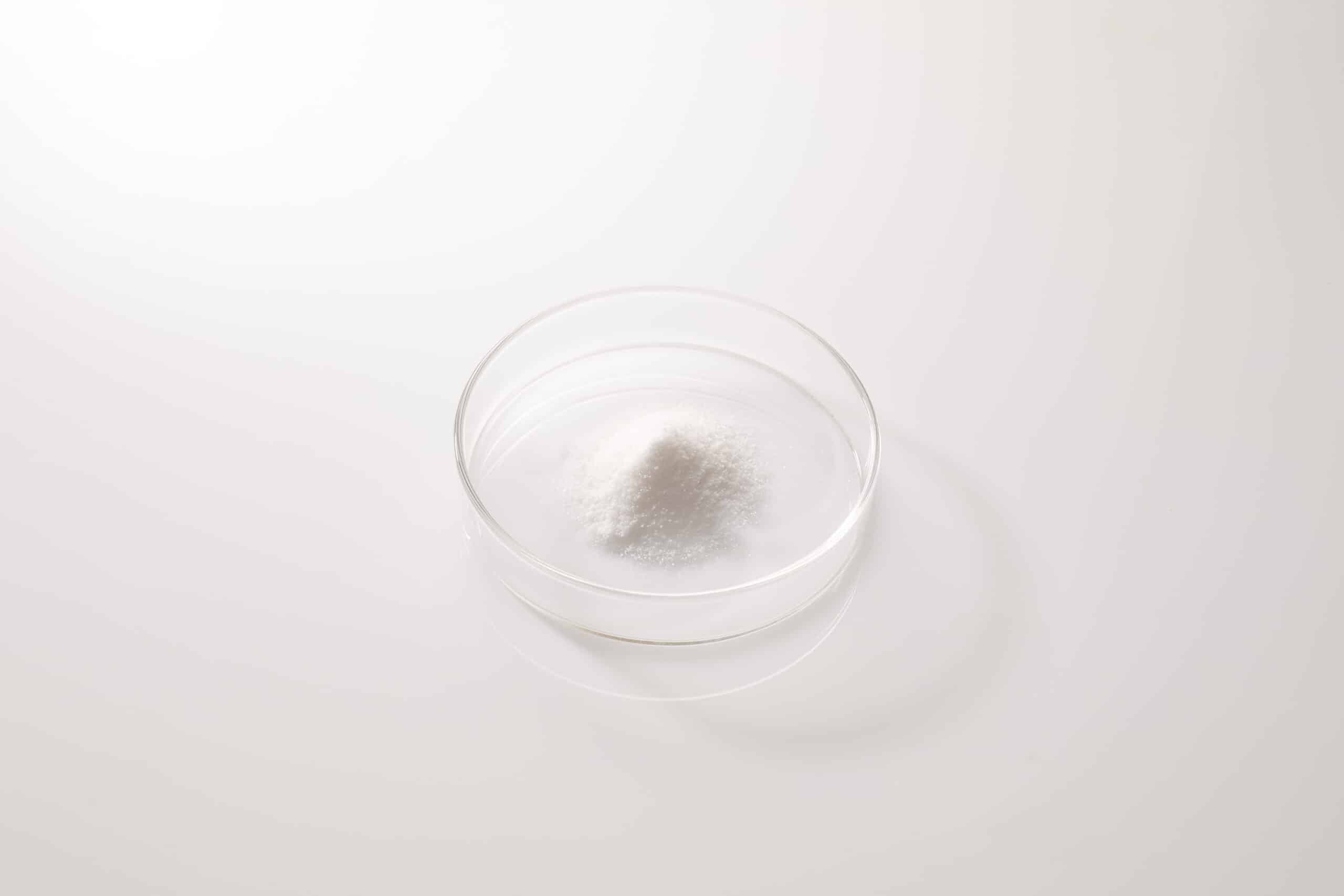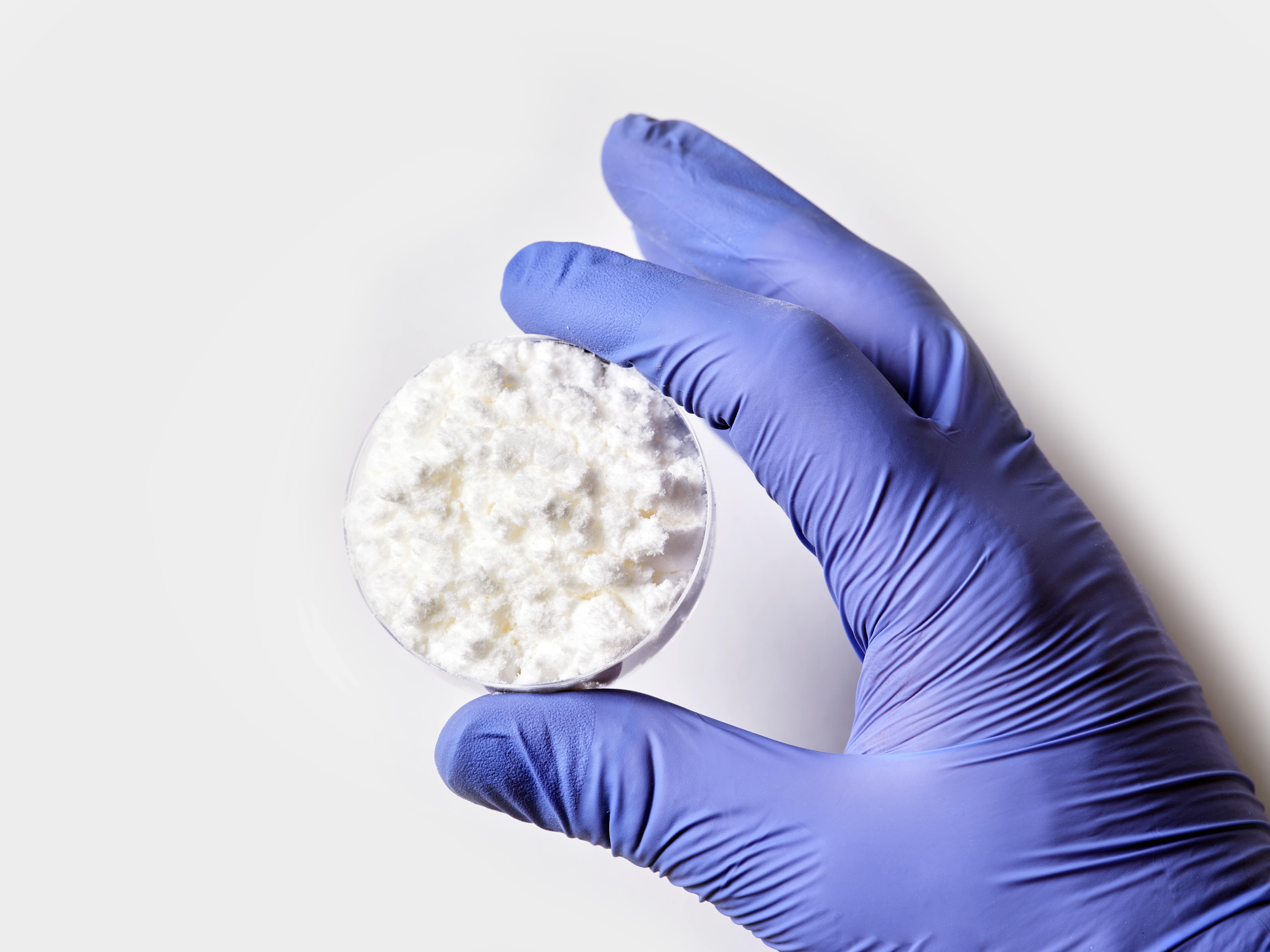Austria, once the core of the vast Middle Ages nation of Bavaria, is still considered by some as the ancestral homeland of Bavarian culture, renowned for its strong grasp of science and the arts. Both the modern-day Germans and Austrians owe their culture to the Bavarians and their ancestors, who have used cannabis for thousands of years¹.
Modern-day Austria has become somewhat disconnected from its cannabis roots, but it was one of the first European nations to ease its cannabis laws. How has Austria’s unique stance on cannabis affected its presence in the international cannabinoid market? We’ll delve into all the relevant complexities over the course of this comprehensive guide.
Are cannabinoids legal in Austria?
³In regards to CBD and other hemp cannabinoids, Austria generally follows European Union guidelines, which were recently updated to increase the allowable amount of THC² in hemp products from 0.2% to 0.3%. The EU hasn’t ruled on cannabinoids like CBG and CBN, so Austria treats them similarly to CBD.
As far as THC goes, Austria decriminalized the possession of up to 20 grams of cannabis in 2016³. As a result, Austria’s stance on cannabis is lax, but supplying large amounts of cannabinoids may attract attention due to limited infrastructure.
History of cannabis in Austria
Europe’s borders have been redrawn so often that modern national affiliations should be viewed in light of recent events. Austria, the center of Bavaria since the Middle Ages, was politically dominated by the Hapsburg family and played a major role in World War I as the head of the Austro-Hungarian Empire.
Throughout all this upheaval, the people of Austria have remained largely indistinguishable from Germans in regard to ethnicity and culture. As a result, most aspects of German culture also apply to Austrian culture, including the shared fondness for cannabis.
The wider German cultural sphere has held cannabis in high esteem as both a medicament and intoxicant for centuries⁴ with cannabis cultivation comprising a significant portion of Austrian-German agricultural practices since time immemorial. Cannabis remained widely cultivated in Austria until the passage of the 1961 UN Single Convention on Narcotic Drugs⁵. From that point forward, the majority of European states began implementing measures to restrict the cultivation and commerce of cannabis, which was at that point defined as any derivative of the plant.
History of cannabis laws in Austria
Since 1961, Austria has generally treated cannabinoids as illegal substances. Toeing the line between the Allies and the Soviets during the Cold War, Austria did not take any steps to liberalize their cannabis policies until 2008 when the nation authorized cannabis to be cultivated for research purposes⁶ for the first time in decades.
In the intervening years, cannabis laws in Austria have become progressively more liberal. For instance, possession of up to 20 grams of cannabis is decriminalized, a quantity larger than most medical or recreational users typically possess at once.
As of 2016, cannabis is essentially legal in Austria, though felony offenses are still reserved for trafficking offenses. In essence, Austrian authorities no longer care if citizens use cannabis, but they do want to control the flow of large quantities of cannabinoids in and out of the country.
Which cannabinoids are legal in Austria?
For the most part, cannabinoid laws in Austria do not differ from the overall EU position, with Austrian positions on THC products being the main exception. The fact that Austria generally allows possession of quite high volumes of THC-rich cannabis essentially makes law enforcement in that area defunct.
Even the use of THC-alternative cannabinoids like THCA and delta 8 is unlikely to draw the attention of Austrian authorities. They’ll be more concerned about how these products entered Austria, which can be something of a touchy subject.
As long as your cannabinoid business is legitimate and you have the proper authorization to sell in Austria, you’re unlikely to face issues. Keep in mind that Austria is a “decriminalization” country, which makes its cannabinoid laws different from countries that have legalized cannabis for medical or adult use.
Is CBD legal in Austria?
Yes, Austria generally considers CBD legal for use due to the EU’s position on CBD and Austria’s overall decriminalization of cannabis. The law does not differentiate between cannabis containing CBD or THC — for consumer possession, all forms of cannabis are below legal scrutiny in Austria as long as they are possessed in quantities under 20 grams.
For import and mass-market sale, the key requirement is that CBD products processed through Austrian customs contain less than 0.3% THC. Despite decriminalization, THC is not outright “legal” in Austria, and authorities follow the EU’s stance on allowable THC concentrations in hemp products.
Is CBG legal in Austria?
The Austrian government does not make special concessions for any cannabinoid, including CBG. As a result, the only import requirement for hemp products containing CBG is that they contain less than 0.3% THC. Given the overall hands-off approach the Austrian government has taken toward non-THC cannabinoid products, it’s unlikely that CBD or CBG will be the subject of any further official attention until otherwise required by the larger European body.
Is THC legal in Austria?
As part of its overall push to research cannabis for medical purposes in 2008, the Austrian government also began a highly selective medical cannabis program. Receiving a medical marijuana prescription from the Austrian government is a lengthy and arduous process, however, and hardly any applicants are approved.
If approved, medical cannabis patients in Austria must abide by a framework of rules so abstruse that the black market has continued to thrive unabated. Or, perhaps we should say “gray market” since possession of even distribution quantities of cannabis (remember that an ounce is only 28 grams) is entirely permissible under Austrian decriminalization law.
Does Austria have adult-use cannabis?
Austria does not have an adult-use cannabis system, and the nation does not appear to have any plans to instate one soon. Austria has filled the gap other nations have filled using a recreational cannabis system with their own decriminalization laws, which do little to stop illegal drug trafficking but at least prevent unreasonable arrests of Austrian citizens for cannabis possession.
Can you import cannabinoids into Austria?
Yes, according to cannabinoid laws in Austria, imports of cannabinoid products are generally permitted as long as the products in question adhere to all other Austrian and EU import guidelines and contain less than 0.3% THC. Austrian authorities are unlikely to raise alarm about cannabinoid products if they are produced by a professional lab and accompanied by thorough lab reports.
Are there cannabinoid manufacturers in Austria?
The Austrian government has operated a minuscule medical cannabis research operation since 2008, but otherwise, cannabis and hemp cultivators and processors in Austria are few and far between. The Austrian CBD market is already largely serviced by foreign entities, but often at the cost of quality and dependability.
Working with an established manufacturer in the European Economic Area (EEA) is an immense advantage when approaching the Austrian market. Not only does it make this populous European nation easier to reach, but it also positions you to enter more than two dozen other national markets.
Austria: A land of unexpected cannabinoid opportunity
In the postwar period, Austria has largely receded from the political spotlight, which seems to have treated the nation well. It still has a long way to go, but at least the Austrian policy on cannabis is humane and thoughtful. No longer are innocent victims locked in Austrian prisons for the “crime” of using or possessing personal quantities of cannabis.
An increased presence of CBD products in the Austrian market would further demonstrate the harmlessness of cannabis, perhaps inspiring lawmakers to fully regulate an industry that currently still operates mostly under the table. Displaying the economic virtues of CBD commerce in Austria would illustrate the taxation opportunities present in a regulated cannabis economy, which could be the impetus the Austrian government needs to take the next steps.
For cannabinoid companies, the Austrian economy is certainly approachable if still a little bit clunky. In the United States, we’ve witnessed firsthand how cannabinoids can be powerful drivers for economic change, a reality that, if properly demonstrated, could inspire the Austrian cannabinoid industry to blossom.
Sources
1. Google Books. (n.d.). https://www.google.com/books/edition/Marijuana_Medicine/o_dKbMFRSzUC?hl=en&gbpv=1&dq=the+Healing+and+Visionary+Powers+of+Cannabis&printsec=frontcover
2. Posch, M. (2015, November 13). „Legalisierung light“: Cannabis in Kleinstmengen quasi straffrei. SALZBURG24. https://www.salzburg24.at/news/salzburg/grenznah/legalisierung-light-cannabis-in-kleinstmengen-quasi-straffrei-49325959
3. COMMISSION REGULATION (EU) 2022/1393. (n.d.). EU. https://eur-lex.europa.eu/legal-content/EN/TXT/PDF/?uri=CELEX:32022R1393
4. Grotenhermen, F. (2002). The Medical use of Cannabis in Germany. Journal of Drug Issues, 32(2), 607–634. https://doi.org/10.1177/002204260203200218
5. SINGLE CONVENTION ON NARCOTIC DRUGS, 1961. (n.d.). United Nations. https://www.unodc.org/pdf/convention_1961_en.pdf
6. AFP: Austria allows cannabis for medical purposes. (n.d.). https://web.archive.org/web/20080905104155/http://afp.google.com/article/ALeqM5gMXaMnzKEu6FxfDVlCHd4xMcmEbg#






